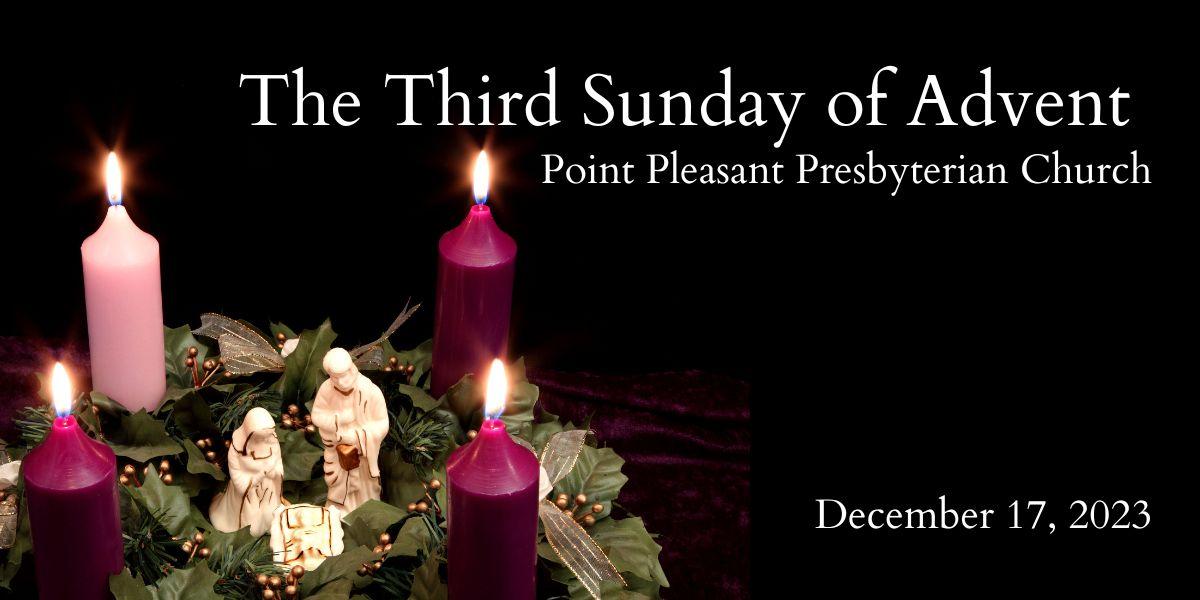
And in despair I bowed my head;
“There is no peace on earth,” I said;
“For hate is strong,
And mocks the song
Of peace on earth, goodwill to men!”
Then pealed the bells more loud and deep:
“God is not dead, nor doth He sleep;
The wrong shall fail,
The right prevail,
With peace on earth, goodwill to men.”
In 1863, Henry Wadsworth Longfellow (HWL) put to paper these words in his poem, “Christmas Day,” which would later transform into the song “I Heard the Bells on Christmas Day.”
Years earlier, HWL’s first wife died following a miscarriage. He then met and married Frances Appleton, and together they had six children. On an evening in 1861, as Frances sealed envelopes with hot wax, her skirt caught fire, and she didn’t survive. HWL, who had been severely burned as he attempted to save Frances, grieved deeply, often struggling to write after the loss.
HWL was also a committed abolitionist; his son Charles fought for the Union Army during the Civil War and was severely wounded shortly before Christmas 1963. Charles was sent to his father’s home in Massachusetts to recover. Overwhelmed with young children to care for, his oldest son’s recuperation, and a country in the throws of war, HWL heard bells ringing in Cambridge on Christmas Day. He then wrote these profound words, acknowledging the real suffering and devastation that can’t outrun the real stubborn, determined way of hope.
Here in December 2023, with all of the hopes and fears of our own time, it can be good for us to hear stories of how those who have come before us have lived through every kind of uncertainty possible, from adversity to tragedy with no guarantee of outcomes. And yet…
God is not dead, nor doth He sleep.
In the end, the wrong shall fail and the right prevail.
With peace on earth, goodwill to men.
See you in church –
Pastor Molly
